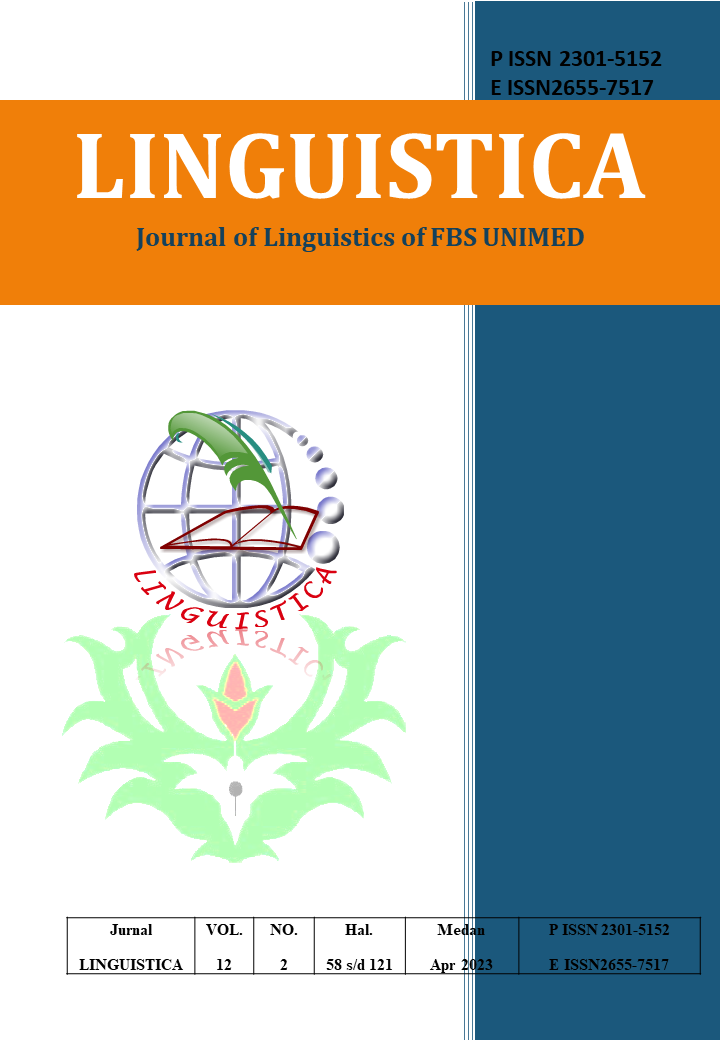EFFECTIVE COMMUNICATION FOR TOURISM IN TSUNAMI MUSEUM BANDA ACEH: DEVELOPING SPEAKING SKILLS THROUGH COLLABORATION.
DOI:
https://doi.org/10.24114/jalu.v12i2.45198Abstract
Tourism is a rapidly growing industry globally and is currently a source of employment and livelihood for many people. Tourism development in the region as one of the development sectors cannot be separated from the development of local communities and the construction of supporting facilities. One of the success factors in the development of a tourist destination is communication. Through communication, opportunities for the fame of a tourist destination will open up to be widely known by the wider community. This study aims to describe tourism communication and develop speaking skills through collaboration in Banda Aceh. This study uses qualitative research. This type of approach in qualitative research is a case study approach. Case study is a method that exploits a bound contemporary system (a case) as well as several bound contemporary systems (multi cases) in the real world all the time, through detailed data collection. The application of communication by the manager of the Tsunami Museum tourist attraction in Aceh is on the theory of communication effectiveness which includes cognitive, affective, and behavioral aspects.Downloads
Published
2023-05-01
Issue
Section
Articles
License
Copyright (c) 2023 RISKA NAHARA SAPUTRI, DENTIANA DENTIANA, FATIN NADIFA BR TARIGAN

This work is licensed under a Creative Commons Attribution-ShareAlike 4.0 International License.
Authors who publish with this journal agree to the following terms:
- Authors retain copyright and grant the journal the right of first publication with the work simultaneously licensed under a Creative Commons Attribution License that allows others to share the work with an acknowledgment of the work's authorship and initial publication in this journal.
- Authors are able to enter into separate, additional contractual arrangements for the non-exclusive distribution of the journal's published version of the work (e.g., post it to an institutional repository or publish it in a book), with an acknowledgment of its initial publication in this journal.
- Authors are permitted and encouraged to post their work online (e.g., in institutional repositories or on their website) prior to and during the submission process, as it can lead to productive exchanges, as well as earlier and greater citation of published work (See The Effect of Open Access).
- This work is licensed under a Creative Commons Attribution-ShareAlike 4.0 International License.

